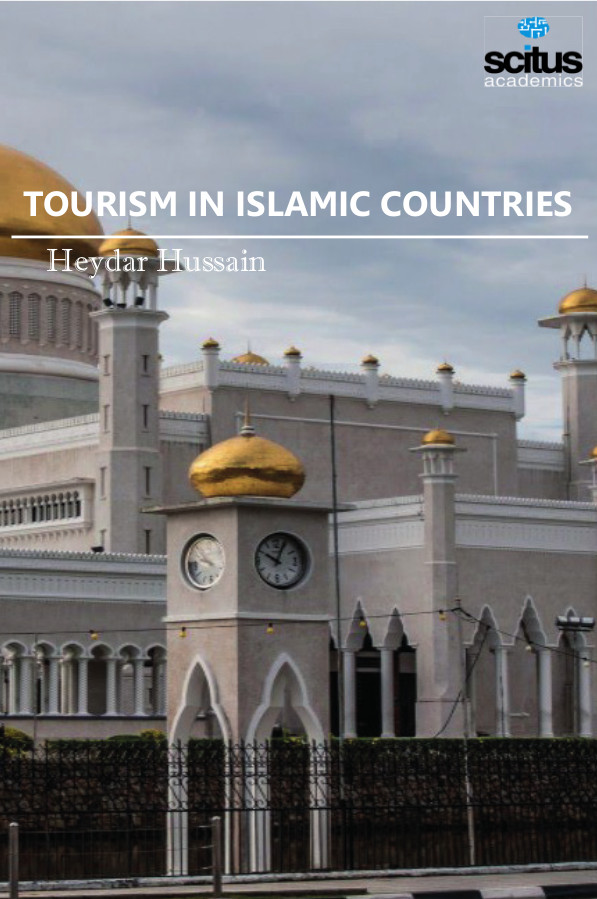Currently, tourism has become a popular global leisure activity and it is vital for many countries such as Malaysia, Thailand, Lebanon, Egypt, Spain, Greece, due to the large intake of money for business with their goods and services. Tourism industry is always overstated by Islamic attributes especially Islamic belief for its special rules and regulations. The outcomes of Islamic tourism may have a wider pertinence beyond the special circumstances of this country. Muslims make up around 25 per cent of the world’s population with significant numbers in practically all countries of the world. Tourism is a major market in Muslim countries such as Morocco, Turkey, Egypt and Malaysia, nevertheless less than 10% of international tourism returns goes to this market.
From a tourism perspective, there are many significant reasons to study tourism and the Muslim world. The annual religious pilgrimage, the Hajj, performed in Saudi Arabia, is obligatory at some point in the life of every Muslim of sufficient means. In many nations, Islam is the foundation of society and order of law and its principles underpin considerations of tourism. This industry has been increasing embraced by developing countries as a means of economic diversification and Islamic countries seek the same end. This leads to the interaction of religious beliefs and choices about the types of tourism that may be desirable, resulting in its development potentially becoming a political issue. Tourism and Islam is very important issue, therefore there a need for a comprehensive research on Islamic attributes and its effect on the motivational factors and Islamic tourist’s satisfaction as well as destination loyalty. In terms of targeting Islamic tourists, tourism industry in Islamic world should focus the Islamic attributes available for the tourists to keep them satisfied.
Tourism in Islamic Countries is concerned with the effects of religion on tourism development in Muslim countries. Aspects of the relationship between Islam and tourism are investigated overall and issues of tourism policies, management and marketing and community involvement are discoursed. It examines the dynamics that drive changes in the religio-political landscape of the Muslim world.













